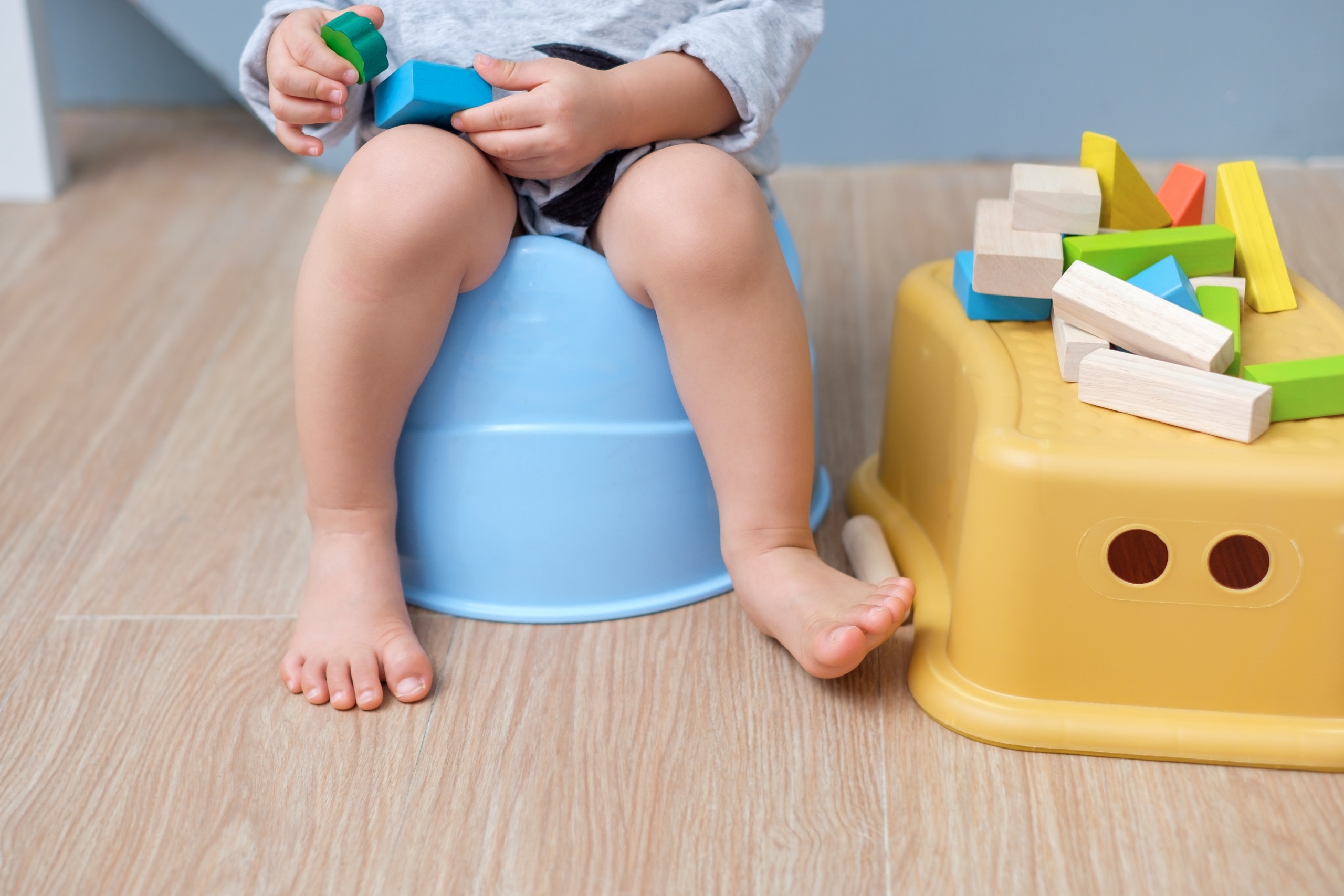Resources
-
Information for Parents and Caregivers: Remote Learning Tip Sheet
As we’ve all done our best to transition to a very different system of living in the last several months, parents and children have had to shift, stretch and pull together like never before. With the remote learning system being facilitated by our incredible teachers, many parents are asking for tips to help best support […]
-
Information for Parents and Caregivers: Resilience
You can help your children develop resilience, the ability to cope with stress and challenges, to learn from mistakes and setbacks, and to recover from adversity, failure, and even trauma.
-
Information for Parents and Caregivers: Restraint Collapse
Restraint Collapse can happen when a child (or adult) has worked really hard to “have a good day”. They’ve held it together enough to stay emotionally and behaviorally regulated while at school or an event and then they get to their safe space (usually a parent/primary caregiver) and emotionally collapse. This can look like an […]
-
Information for Parents and Caregivers: Sibling Interaction
Parents can have a huge impact on the sibling relationship and can dramatically shift patterns with some intentional focus on themselves, each individual child, and family dynamics.
-
Information for Parents and Caregivers: Sleep Tips
Very few people do well without enough quality sleep, so getting kids to sleep on a consistent schedule is often an important priority to parents/caregivers. All children are different and have their own distinct needs and preferences that change. Setting up a routine that works takes time, commitment, and sometimes creativity. It’s important to first […]
-
Information for Parents and Caregivers: Temper Tantrums v. Meltdowns
Many parents use the terms “tantrum” and “meltdown” interchangeably. However, they are very different. This handout includes telling the differences between the two and tips on how to prevent and ease them.
-
Information for Parents and Caregivers: Temperament
While it is important to avoid labeling, observations can help you recognize your child’s temperament—the innate “way of being” or “personal style” that influences how we experience, interact with, and respond to what goes on around us.
-
Information for Parents and Caregivers: The Importance of Gestures
Early childhood research indicates that the development of gestures from 9-16 months will predict a toddler’s language ability at 2 years old. This is extremely significant because language skills play a very important role in a child’s future academic success. When you are actively nurturing your infant’s and toddler’s gesture development you are also building […]
-
Information for Parents and Caregivers: Tips for Traveling with Your Child
The anticipation of an upcoming trip can be filled with excitement, but also apprehension, particularly if you are traveling with a young child. Our Early Support for Infants and Toddlers team has put together a great tip sheet filled with helpful information from managing logistics, things to pack, scheduling considerations, and more.
-
Information for Parents and Caregivers: Toilet Training
Toilet training is an important transition for children and families alike. It can be an important step for children who are entering a new stage of going to school and can impact social situations. How can you tell if your child is ready for toilet training?





















